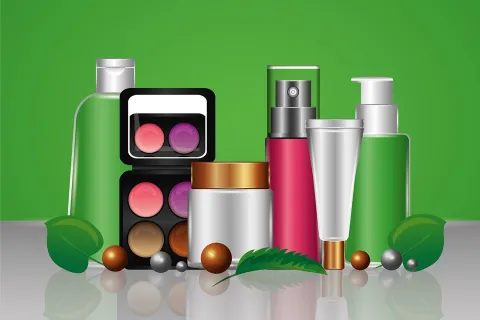
The Latin American (LATAM) region is a vibrant and dynamic market for cosmetics, with an ever-growing consumer base and increasing demand for high-quality products. However, navigating this lucrative market comes with its own set of challenges, particularly when it comes to compliance with Good Manufacturing Practices (GMP). Ensuring GMP adherence is crucial for cosmetic businesses in LATAM to maintain product safety, build consumer trust, and achieve regulatory compliance.
What is GMP in the Cosmetic Industry?
Good Manufacturing Practices are a set of guidelines that ensure the consistent quality and safety of cosmetic products. For businesses operating in LATAM, GMP compliance is not just a legal requirement but also a mark of commitment to product integrity and consumer well-being.
In LATAM, GMP regulations are often aligned with international standards such as ISO 22716, which provides a comprehensive framework for managing manufacturing processes, hygiene, and quality control.
Regulatory Landscape in LATAM
The regulatory framework for GMP in LATAM varies across countries, with notable authorities including:
ANVISA (Brazil): Brazil’s Agência Nacional de Vigilância Sanitária (ANVISA) mandates strict adherence to GMP for all cosmetic manufacturers, covering every aspect from raw material procurement to final product distribution.
COFEPRIS (Mexico): The Comisión Federal para la Protección contra Riesgos Sanitarios (COFEPRIS) emphasizes GMP compliance as part of its broader focus on consumer safety and quality assurance.
INVIMA (Colombia): The Instituto Nacional de Vigilancia de Medicamentos y Alimentos (INVIMA) requires manufacturers to demonstrate GMP compliance before obtaining product registration.
Each country has unique regulatory nuances, making it essential for businesses to tailor their GMP strategies accordingly.
Key Components of GMP Compliance
Adhering to GMP involves a holistic approach that spans several critical areas:
- Facilities and Equipment: Designing and maintaining facilities and equipment to prevent contamination, mix-ups, and errors. This includes proper cleaning, maintenance, and calibration of equipment to ensure hygienic operations.
- Quality Management: Develop a comprehensive quality management system covering all production, quality control, and distribution processes. Ensure raw materials and packaging meet quality standards from approved suppliers, are properly stored, and undergo testing before finished products are released to the market.
- Documentation: Comprehensive records of manufacturing processes, inspections, and testing are essential for traceability and accountability.
- Employee Training: Staff must be adequately trained to handle materials and operate equipment in compliance with GMP standards.
- Regulatory Compliance: Stay informed on local regulations and ensure GMP practices align with or exceed local health authority requirements and international standards like ISO 22716. Apply for GMP certification from the National Competent Authority and undergo inspections to verify compliance.
- Labeling: Ensuring that labels provide accurate product information and comply with local regulatory requirements.
- Complaints and Recalls: Implementing procedures for handling customer complaints and product recalls efficiently and effectively.
Trends and Challenges in LATAM
The LATAM cosmetics market is rapidly evolving, with trends such as sustainability, natural ingredients, and clean beauty taking center stage. Consumers are increasingly demanding transparency and ethical practices, which puts additional pressure on manufacturers to uphold GMP.
However, challenges such as lack of uniformity in regulations across countries and the high costs of implementing GMP can pose hurdles for businesses. Small and medium enterprises (SMEs), in particular, may struggle to meet the stringent requirements.
Benefits of Upholding GMP
For businesses that invest in GMP compliance, the rewards are manifold:
- Consumer Trust: High-quality, safe products foster brand loyalty.
- Market Access: GMP certification can open doors to export opportunities within and beyond LATAM.
- Regulatory Compliance: Staying ahead of regulatory updates minimizes risks of penalties and product recalls.
Conclusion
Good Manufacturing Practices are the backbone of a successful cosmetic business in LATAM. Beyond regulatory compliance, they serve as a testament to a brand’s dedication to quality, safety, and innovation. For businesses operating this complex landscape, partnering with regulatory experts at Freyr can provide valuable insights and streamline the compliance process.
As the LATAM cosmetics market continues to grow, upholding GMP will remain a cornerstone for achieving long-term success. With a focus on quality and safety, businesses can not only meet regulatory requirements but also win the hearts of discerning consumers across the region.









